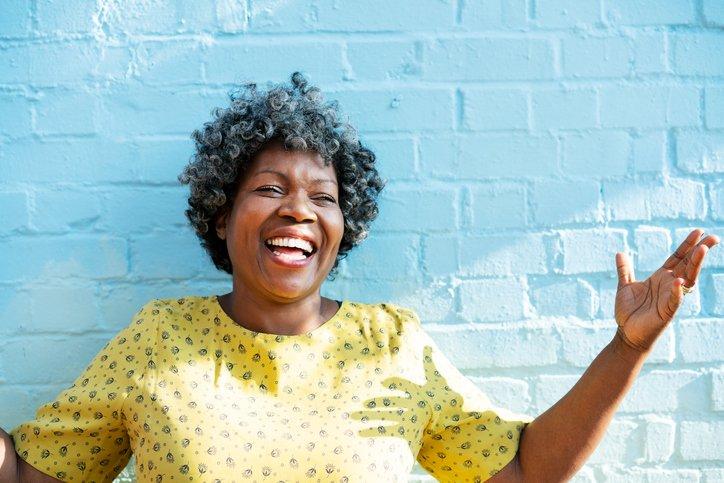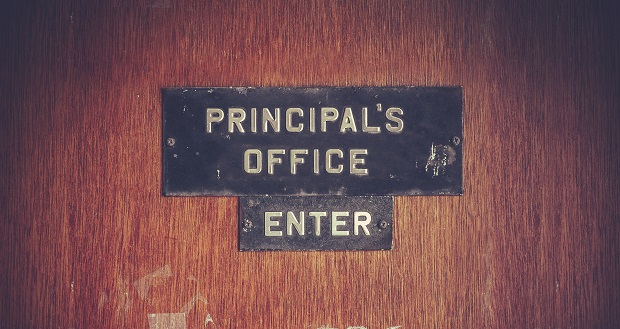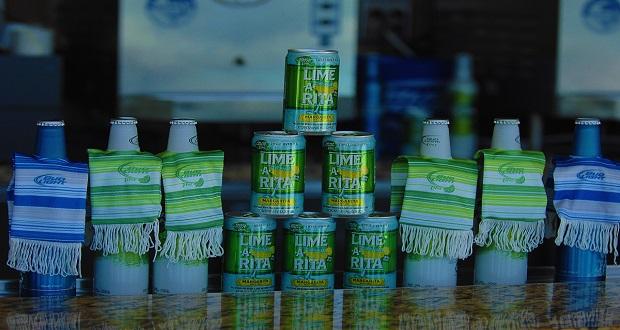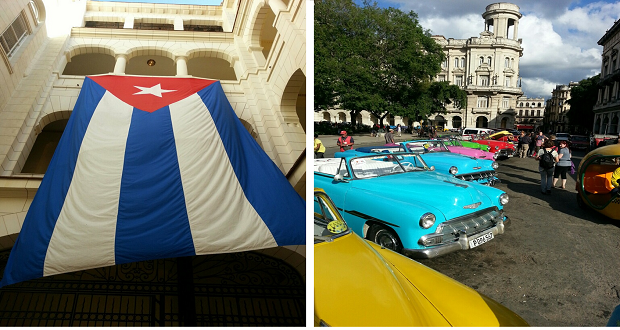
In a Meet the Press interview on December 24, 2023, with host Kristen Welker, Iranian American journalist and activist Masih Alinejad shared her difficult journey as a woman fighting what she calls a gender apartheid regime in Iran. She is currently under FBI protection from the threat of assassination. When Welker asked her what keeps her continuing the fight for freedom for women, she answered “hope.” She said it is the hope that women around the world will be free from repressive governments that fuels her activism. She said that she will not give up hope.
This interview was the impetus for me to think seriously about the power of hope. Given the current global sociopolitical climate, I was having trouble coming up with a positive, optimistic topic for this article. I knew that I did not want to rehash any specific issue that has occupied the news cycles over the past few months. I did not want to risk retraumatizing The Inclusion Solution readers with commentary that had already been debated ad nauseam in social and other media. Thus, I decided to explore hope.
Studies show that there is an increasing sense of hopelessness. According to a study conducted in early 2023 by the Harvard Public Opinion Project, 47 percent of Americans aged 18 to 29 reported feeling down, depressed, or hopeless. In general, among the entire U.S. population, depression rates are at an all-time high according to a Gallup study conducted in May 2023. These trends are not surprising considering the intense range of stressors over the past few years — the COVID-19 pandemic; the increase in hate crimes against Black, Jewish, Muslim, and transgender people among other marginalized groups; mass killings; attacks on DEIJ work; extreme political divisiveness; the war in Ukraine; the Israel-Hamas war; immigration; and the list goes on. Any one of these travesties could lead to feelings of hopelessness. What are we to do?
I believe that we manifest what we think. This manifestation happens at the individual and collective levels. Yes, it is about focusing on the positive — what is good and right in your day-to-day experience, rather than focusing on the negative and yes, this is very hard amidst the barrage of horrific occurrences over the past few years that just don’t seem to let up. In 1952, U.S. minister Norman Vincent Peale wrote the book the Power of Positive Thinking, and it continues to be a popular read to this day. I credit hope — fueled by faith and positive thinking — with my ability to keep forging ahead to actualize equity and justice in the workplace and beyond.
Hope is defined by the Cambridge Dictionary as: “to want something to happen or be true and have a good reason to think that it might.” Research has shown that hope can positively impact mental health and strongly predicts productivity, academic outcomes, athletic performance, and overall well-being. I think that feelings of hopelessness often paralyze us from taking action to change situations. Being hopeful, on the other hand, is more likely to lead to action directed at making hopes become a reality.
Another way to think about hope come from Wikipedia: “Hope is an optimistic state of mind that is based on an expectation of positive outcomes with respect to events and circumstances in one’s life or the world at large.” I like that “optimistic state of mind” is included in this definition.
I believe an optimistic state of mind is a prerequisite to being able to reimagine positive outcomes and then act to achieve them. I also know that right now it is really, really hard to hold an optimistic state of mind.
Here are the things that keep me optimistic, give me hope, and spur me to action. I know that what keeps me going may not resonate for you. I encourage you to make your own list and revisit it daily.
- Even though the media and polling might lead us to think otherwise, I believe that more people in the world want equity and justice than those who are fighting for the opposite.
- I still have the power and freedom to speak up and speak out to advocate for equity and justice.
- I can participate in the political system by voting and voicing my opinions with my elected officials.
- Life consists of cycles of turmoil and calm. When I feel the turmoil, I have the assurance that there is indeed “light at the end of the tunnel,” as the saying goes.
- I control how much media I consume and participate in.
- I choose to associate with positive, optimistic, action-oriented people.
- I focus on my physical, mental, and spiritual well-being.
- I spend as much time as possible with family and friends giving and receiving love.
- I ask myself each morning when I wake up, what are you hopeful for today?
- I focus on my sphere of influence choosing where I can make the most impact for positive change. As CEO of The Winters Group, I can create products, services, and opportunities to amplify the voices for change. Our upcoming Racial Justice at Work Summit: Justice for All event is an example.
- I pray daily for peace and justice in the world. I believe that prayer changes things.
Civil Rights activist Jessie Jackson coined the phrase “keep hope alive” in the ’70s, and two decades later Barack Obama wrote a book, The Audacity of Hope. Audacious indeed! What audacious actions will you take to keep hope alive?
We must accept finite disappointment, but never lose infinite hope.
Martin Luther King, Jr.


















